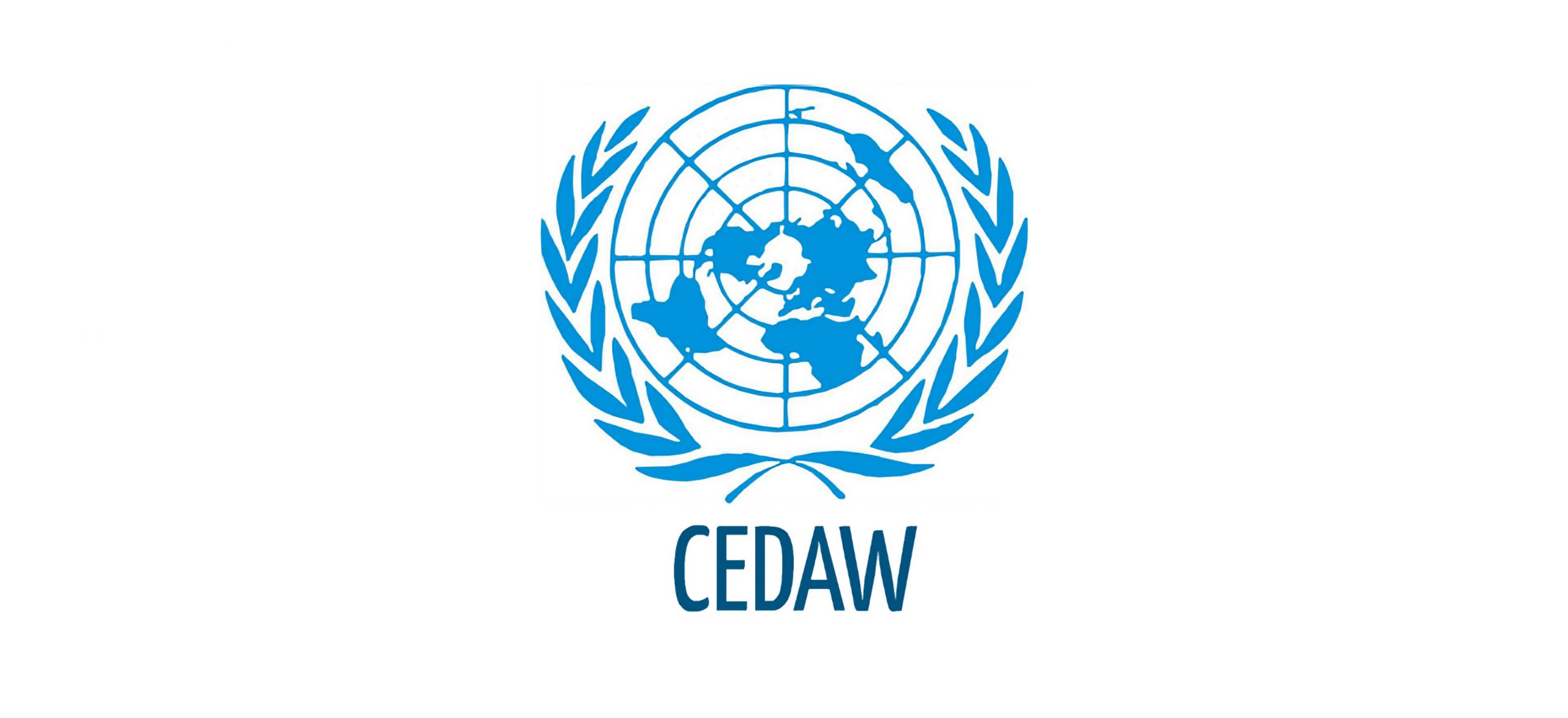The Committee on the Elimination of Discrimination against Women (CEDAW) has expressed serious concerns about ongoing challenges to women’s rights in marriage and family relations in Fiji.
In its latest findings on Fiji, CEDAW highlights issues such as child marriage, discriminatory customary practices, and lack of support for women seeking divorce.
CEDAW states despite the legal minimum marriage age of 18 under Section 29 of the Marriage Act, child marriage remains widespread due to weak enforcement, low penalties for violations, and the practice of delaying marriage registration until after age 18, often following unplanned pregnancies.
“Gender stereotypes and customary practices continue to limit women’s rights to land, property, and inheritance, particularly in rural areas and outer islands,” said CEDAW.
“The lack of sex-disaggregated data on inheritance and land ownership, combined with insufficient training for family court judges and legal professionals, exacerbates these inequalities.”
CEDAW adds women, especially survivors of gender-based violence, face significant economic challenges when seeking divorce due to dependency on their husbands and the absence of support mechanisms, such as affordable housing, legal aid, or employment opportunities.
“The Family Law Act 2003 lacks gender-responsive criteria for child custody decisions, failing to account for factors like past labour division or domestic violence records. There is also no set timeline for assessing the gender impact of family law.”
“The absence of legal recognition for same-sex partnerships, such as civil unions, limits the legal and economic protections for women in these relationships, including their right to adopt children.”
Fiji has been told to strictly enforce the age of 18 for marriage without exceptions, increase penalties for those facilitating or consenting to child marriages, and mandate immediate civil registration of all marriages at the time of their conclusion.
“Reform laws to ensure statutory provisions override discriminatory customary practices, engage with traditional and religious leaders in rural and iTaukei communities, and provide mandatory training for family court judges, lawyers, and mediators on women’s equal rights in marriage under international conventions.”
CEDAW states Fiji should support women seeking divorce.
“Collect data on the economic impact of divorce on women and establish financial support mechanisms, including access to affordable housing, legal aid, and employment opportunities, to reduce economic dependence and empower survivors of intimate partner violence.”



